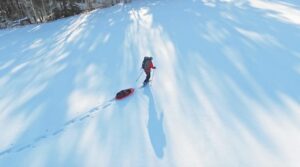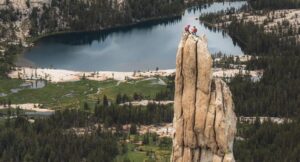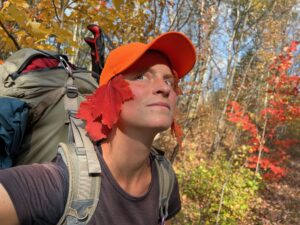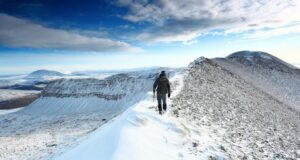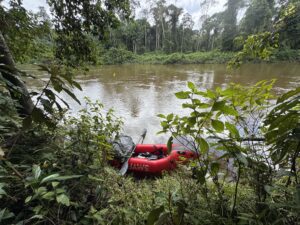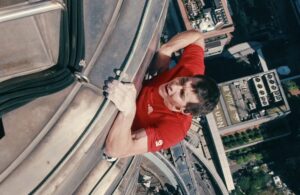On May 1, Oscar Scafidi and Ben Ziehm Stephen will fly to Madagascar. Scafidi, a Bradt travel guide writer, and Stephen, a British Foreign Office employee in Tunis, are planning to kayak the length of the Mangoky River.
The Mangoky is Madagascar’s longest river, running more than 500km from the central highlands to the western lowlands, emerging into the Mozambique Channel around 150km south of Morondava. But six weeks out from their expedition, the route is already posing challenges. As with the Amazon, the Mangoky’s source is a matter of some debate.

Where is the source?
The source of the Mangoky is a mess of tributaries, with two vying as the “true” source: the Mananantanana and the Matsiatra. British adventurer Chaz Powell had the same problem when he walked the river in 2019. Taking local advice, he settled on the Matsiatra as the dominant tributary. His team hiked to the source of the Matsiatra, near the small village of Sahalavo. For Scafidi and Stephen, the source is an “ongoing nightmare”.

Ben Stephen with their training kayaks. Photo: Oscar Scafidi
“The Mananantanana is further away from the endpoint but most hydrologists say the Matsiatra is the source, as it feeds more water in,” Scafidi explained.
The pair are yet to make a final decision on their start point. Ultimately, it might depend on Guinness. Scafidi and Stephen are aiming for a world record: The fastest time to travel the Mangoky River by kayak/canoe in a team. There is an ongoing discussion with Guinness as to which starting point they will accept.
Packing light
There are other hoops to jump through to ensure they can claim the record too. Scafidi has some experience here. In 2016, he kayaked the length of the Kwanza River in Angola with Alfy Weston. After the trip, it took two years of correspondence with Guinness to claim a world record for the fastest time to paddle the Kwanza.

Oscar Scafidi. Photo: Oscar Scafidi
Lessons learned from that trip include getting in touch with Guinness ahead of the expedition and packing light. They have to carry everything they need for the trip with them, but Guinness does allow food resupplies.
“We took way too much gear in Angola, about 110kg, we had to dump a good 20kg,” Scafidi says. This time they will set up two food resupply points along their route and aim to carry no more than 80kg between them, including their 40kg Klepper sea kayak.
Potential risks
The Klepper isn’t designed for whitewater. In his classic guidebook, Sea Kayaking, John Dowd wrote that once the venerable boat is in a current, “only God and solid objects can change its direction.”
So Scafidi and Stephen will have to portage in places. Scafidi hopes that they can keep the portaging to one-third of the total distance or less.
“We are strongly incentivized not to portage, as it is a huge pain,” he said. One difficulty may include bandit activity in the highlands, but Scafidi points out that the main risks of “mosquitoes, disease, exhaustion, and rapids” are more likely to cause them headaches.
They are budgeting 30 days for the expedition, with 10 days of leeway. Their tentative start date is May 6.

